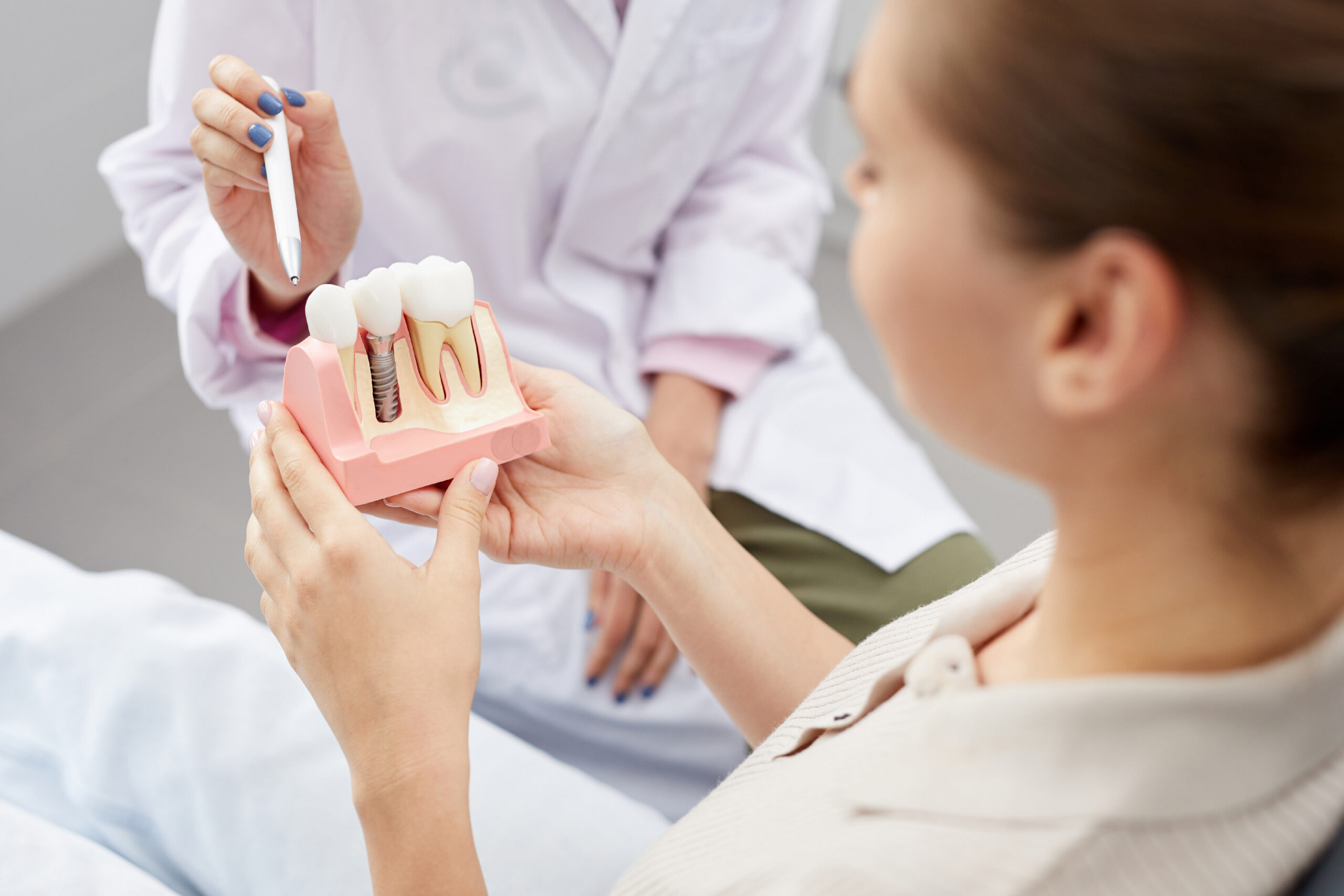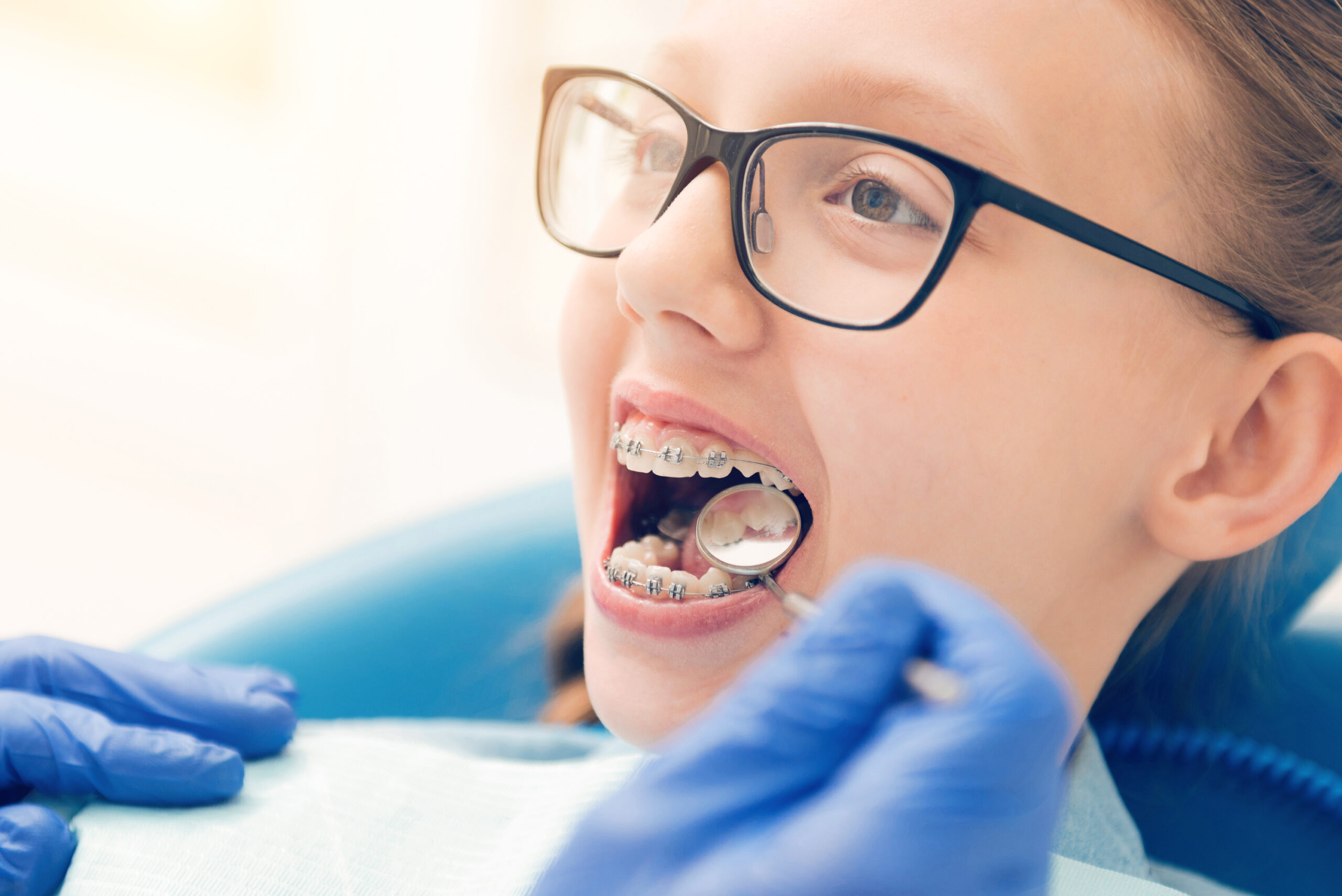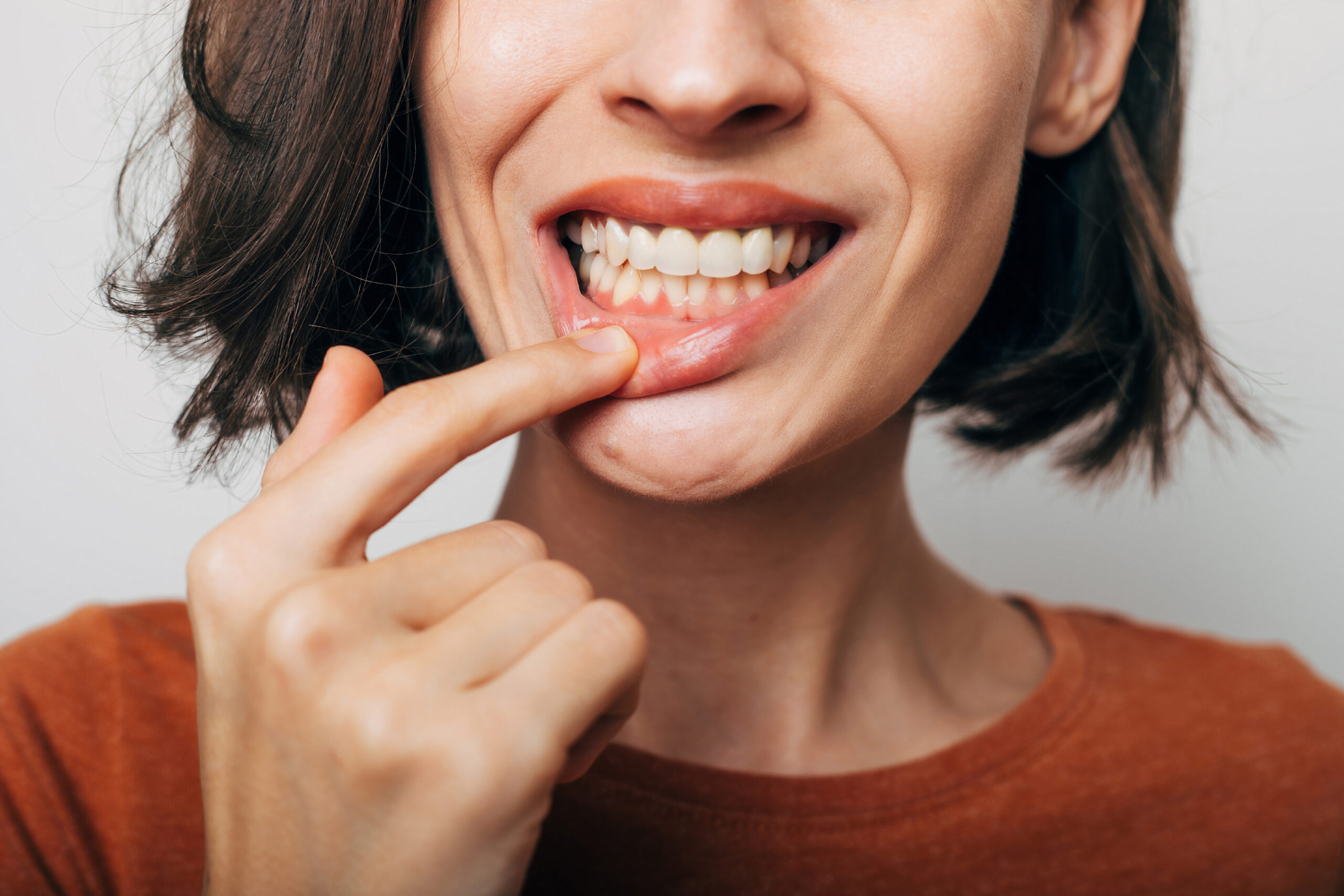About Our Office
Back Mountain Dental for all your general dentistry needs! Do you need a new dentist to help you achieve the best smile possible? At Back Mountain Dental, we proudly employ the best and most specialized dentist in Shavertown, PA, that provides all patients with the smile of their dreams. The best dentists in Shavertown, PA – Our dental office near you specialize in all forms of dentistry, including cosmetic, restorative, emergency, and sedation. Cosmetic and restorative options for patients include dental veneers, implants, crowns, bridges, and Invisalign®️. No matter your dental needs, our licensed dentists near Kingston, PA, will provide the most effective and affordable solution. Begin your new smile journey today and call our team to book a consultation.
Patient Experiences
Every aspect of our office environment has been thoughtfully curated to prioritize comfort, trust, and excellence. Our state–of–the–art facility is not only designed to provide top-tier dental care but is also geared towards maximizing convenience for our patients. At our office, patients can expect nothing less than a seamless blend of top-quality dentistry and warm, personalized care.
State of the art technology
We take pride in consistently offering our patients access to the most advanced dental technology. From the 3Shape TRIOS intraoral scanners, making impressions easier than ever, and digital CBCT imaging units to soft-tissue lasers and intraoral cameras, we are committed to investing in the best and most comfortable solutions available.
About our community
Shavertown, Pennsylvania, nestled in the scenic Wyoming Valley, offers a quaint small-town charm. Its notable landmarks include the picturesque Frances Slocum State Park, ideal for outdoor enthusiasts, and the historic Huntsville Covered Bridge, a symbol of local heritage. The town exudes a serene ambiance, making it a hidden gem in northeastern Pennsylvania.
No insurance, no problem. Our patients can join the Back Mountain Dental Savings Plan – the perfect solution for individuals and families without dental insurance. Go to: https://bit.ly/3xPNhJW
Patient Forms
Please click here to view patient forms.
Meet Our Doctors
Office Gallery

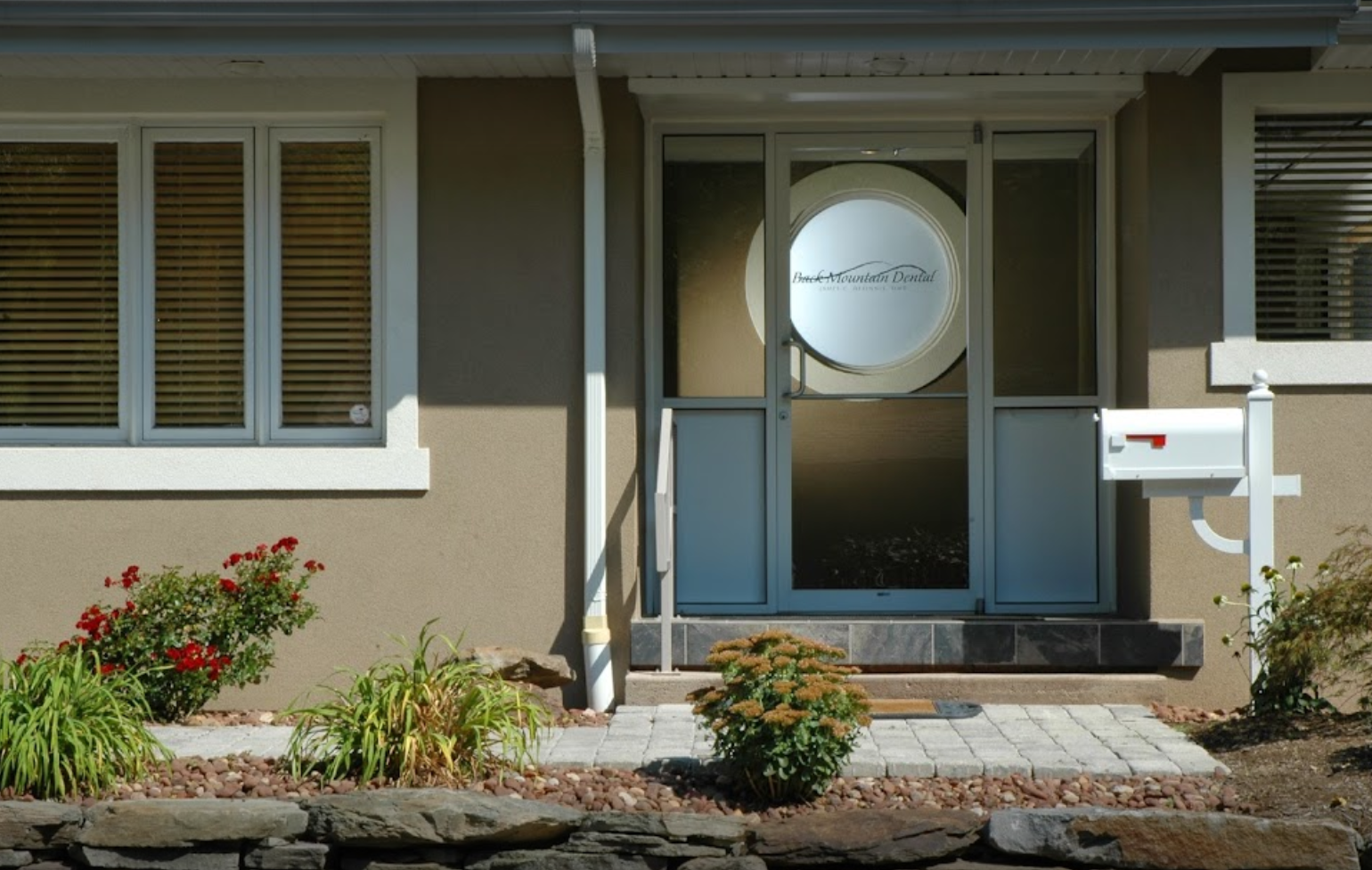
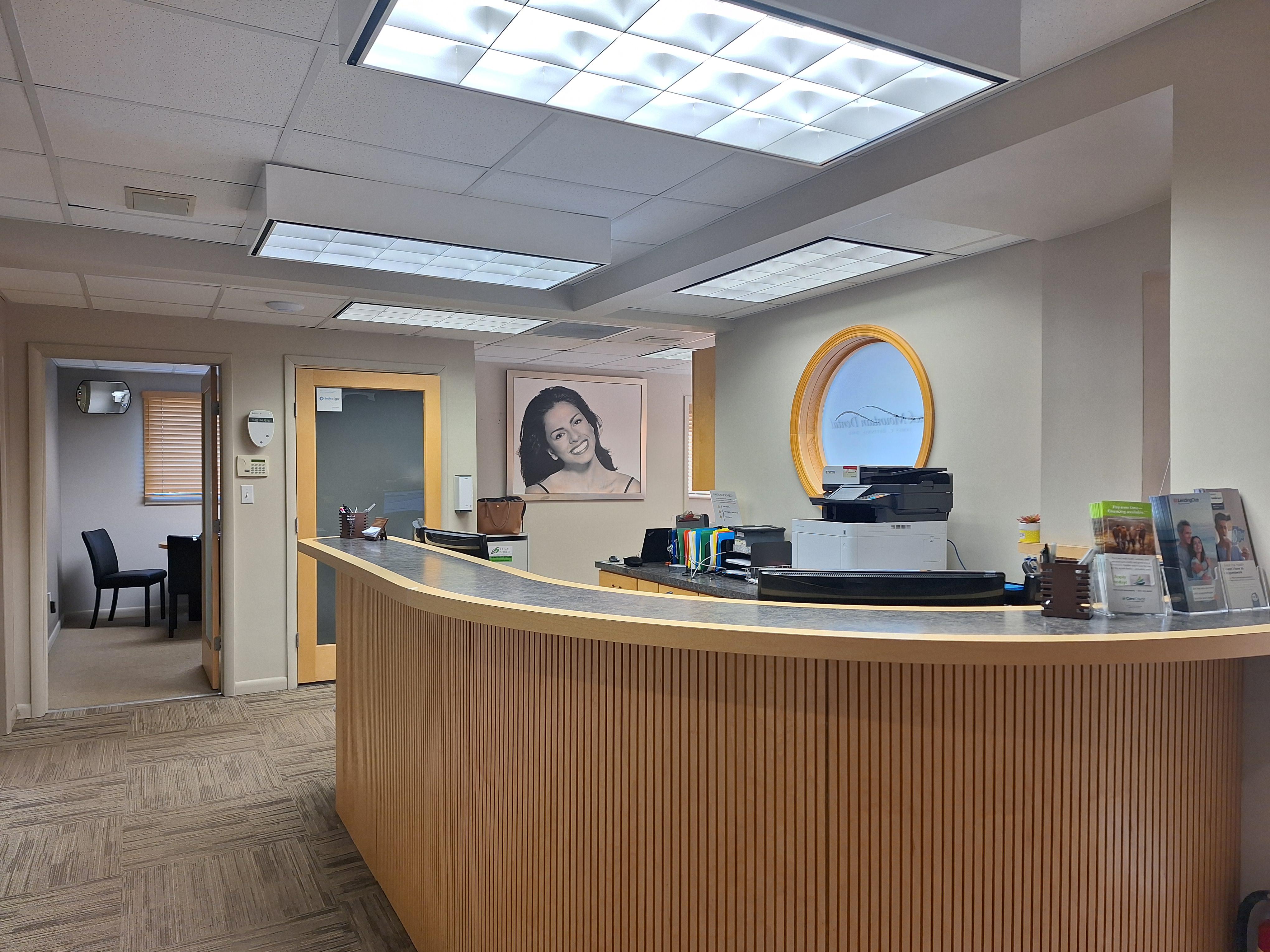
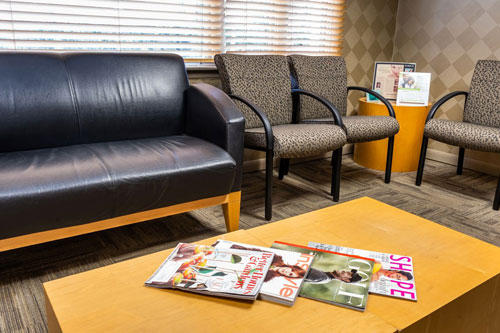


Before and After
Click to view our patient gallery
Test Name
...Content
Patient Reviews
Scott
Great place to get all dental work done. Very friendly staff. Definitely recommend if your looking for a dentist
Read MoreDenise J.
I love the staff, they are friendly and they make you feel at home. I hated going to the dentist and was so scared ,my anxiety was so bad. But I found...
Read MoreScott A.
They got me in quick as a new patient. I was long overdue for a dentist visit. I know my teeth weren't the best and they didn't make me feel uncomfort...
Read MoreMaria R.
The friendliness and warmth the staff conveys is so appreciated, I am not a fan of dental work but the kindness and helpfulness always puts me at ease...
Read MoreRequest an Appointment
Fill out the form below to contact us today




 Cosmetic Dentistry
Cosmetic Dentistry 
